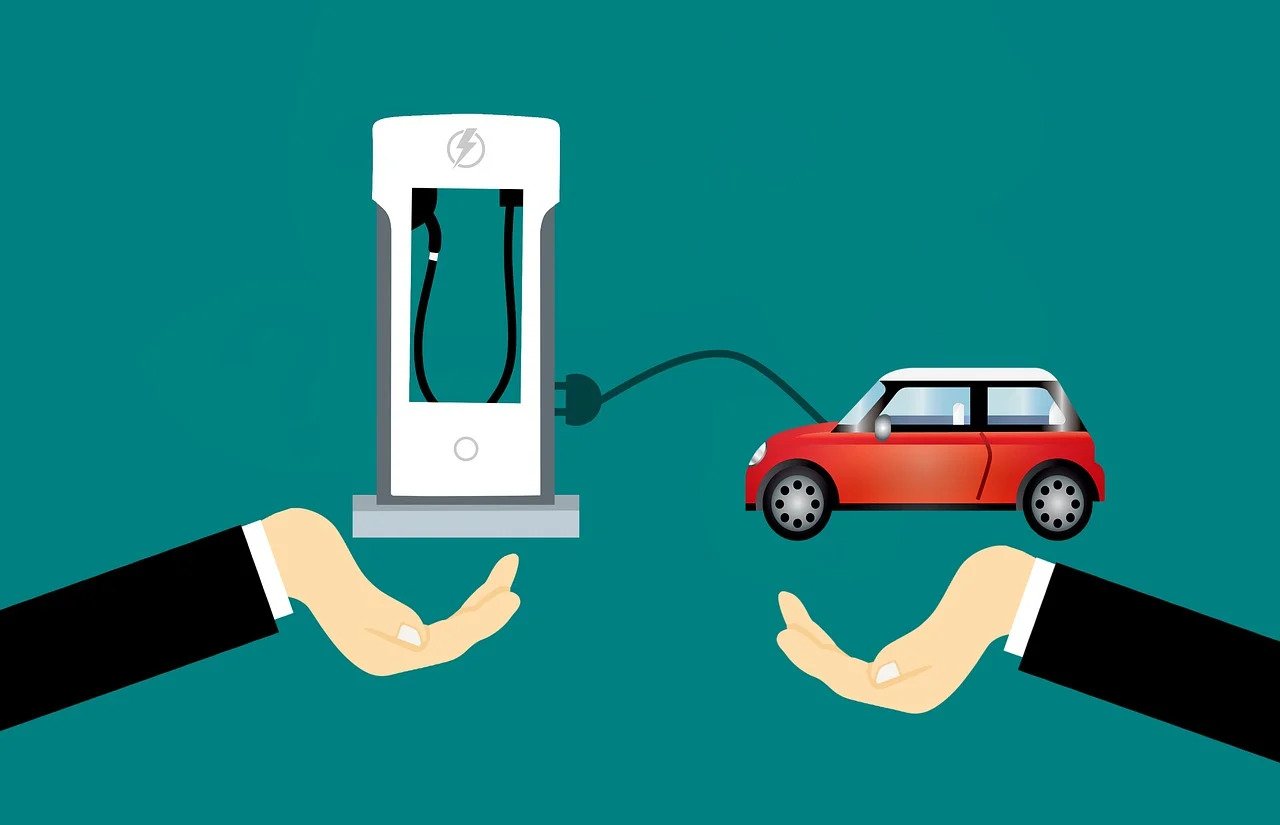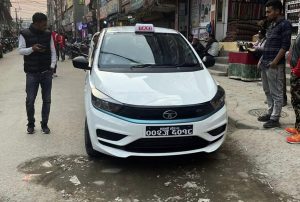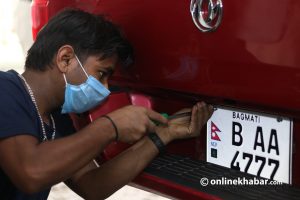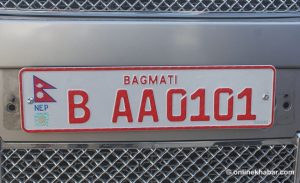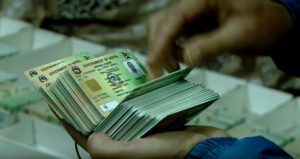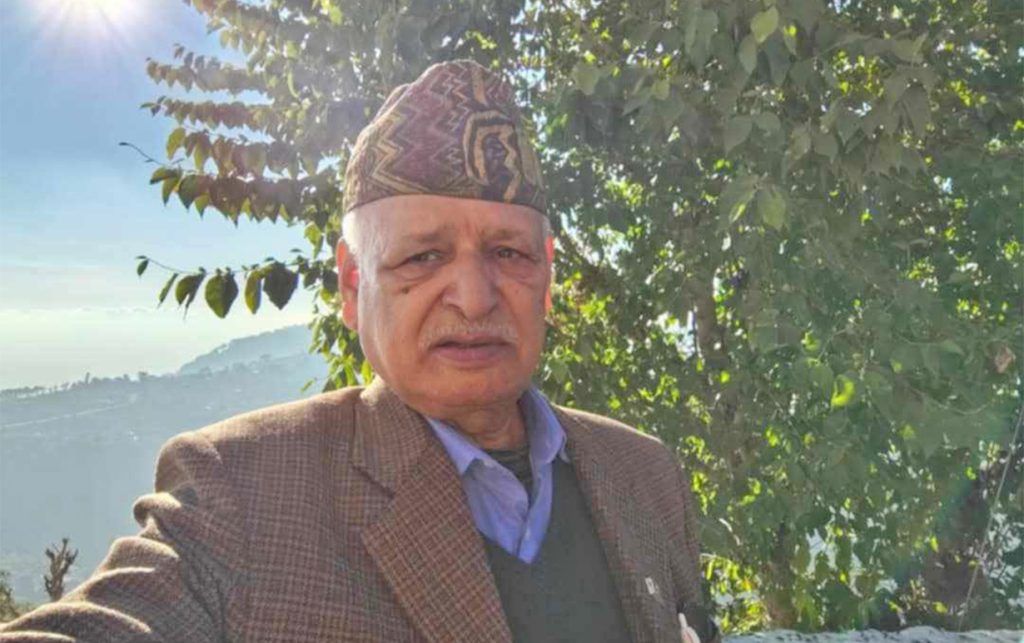During an auto show that specialised in brand new cars, one old car got a lot more attention than people had thought.
The old car at the 2019 Nada Auto Show was the Daewoo’s Matiz which was built in 2000 and was in a scrapyard for a long time and was converted by engineers from TheeGo Group of Companies.
Interested people gathered around the car wanting to know the cost and process of conversion. Some were so excited that they wanted to convert their car then and there.
“We put our engineers next to the car because there were so many people interested. But, we couldn’t do convert any cars because government rules weren’t in favour of this,” says Asmit Bazagain Business Development Officer at TheeGo.
But, things are changing as the government has opened the doors for EV conversion in Nepal. The government on March 29, issued a notice stating that people could now convert their petrol cars to be run via electricity or gas. Initially, the rule has been introduced for three years.
This seems good news given the price of petrol skyrocketing in recent times, but companies like TheeGo feel that the EV conversion rule has been brought in an ad-hoc manner without much homework that can do more harm than good.
Successful precedents

“This is no doubt good news, but there’s a lot of things that have to go right for it to work properly. This will only be a success if we form an industry behind it. Else, it’ll be another project that will die due to government negligence,” says Rajan Rayamaji, TheeGo chairperson.
EV conversion is not a new thing in Nepal. In 1993, economist Govinda Raj Pokharel with help of the USAID worked together to convert fossil fuel-using three-wheelers (Bikram tempos) into electric ones. In a few years, the electric “Safa tempos” (clean three-wheelers) completely replaced the diesel-run predecessors.
“That was a great project which showed a lot of people that EV conversion was possible,” says Rayamajhi.
Wanting to create a similar impact, Rayamajhi and his team of engineers started to research if they could convert a car that had been in a scrapyard. He had heard about its possibility and started to work on it. It took them three months to convert the car.
“We brought parts from China and assembled them here. We researched how we could do it safely. The car is proof that it can work,” he says.
But, soon, they could not do more EV conversions because there were no policies to help them. The government did not allow cars to be converted. And, with it ended their aim to create a positive change in society.
Confusions and clarifications

Now, the government has decided to introduce such a policy.
“I’m all in favour of this new rule change, but I don’t understand a few things,” Rayamajhi says, adding the new rule says EV conversion is permitted just for three years only.
“Why only three years? And, why isn’t there a clear policy and an operating procedure? … because if anyone can convert cars, I think it’ll do more harm than good,” says Rayamajhi, adding it was high time Nepal completely opened doors for EV conversion as it would save the country a lot of money.
But, the director-general of the Department of Transport Management, Namaraj Ghimire, says that there is a clear policy and that those interested to convert their vehicles will have to go to the DoTM to seek permission.
“We will check everything before allowing people to convert their vehicles. This will not be done in a haphazard manner. We have engineers who will look at a car and decide if that can be converted or not,” says Ghimire, adding that the regulation will be done by the department itself.
But, he does add that cars older than 20 years will not be allowed for EV conversion because government policies state that vehicles older than 20 years are not allowed to run on the roads.
Ramayajhi, however, believes that all the vehicles that are in the scrapyards can be converted. The hundreds of government vehicles that are left to rot can be converted into electric ones.
“When you replace the engine with an electric motor, these cars can run well as long as they have a strong chassis. The government needs to understand that,” he says.
Next steps
Rayamajhi reiterates the need to form industry to accelerate EV conversion in Nepal. He says he is willing to invest too, but with unclear policies, he does not want to risk his investments.
“If possible, I want to convert one car in two days. I can start with public transport like taxis and microbuses because once people see that these vehicles can be converted, more people will be convinced,” he says.
That is what Dharan sub-metropolitan city in eastern Nepal is trying to do. After extensive research, the city office, along with private companies, has started works to convert autorickshaws to run on gas produced from waste.
“We have been working on a project to clean the city and have done our homework to create methane, through which we can run these vehicles,” says Tilak Rai, the mayor of Dharan. “They will be converted to run on CNG (compressed natural gas), which is a cheaper alternative to petrol.”
He says that in the first phase, they aim to convert 50 autorickshaws as the sub-metropolitan city aims to promote clean energy.
“At a time when prices of petrol are so high, this is a good step to create change. Now that the government has opened doors, we’ll start the process soon,” says Rai, adding he is sure both EV conversion and the CNG conversion will create a positive change in society and generate more interest from people to convert their vehicles.
Ramayajhi feels this is a good start but is afraid that people will try to bend the rules and convert vehicles haphazardly. As Nepal is not a country that follows laws, he thinks people who do not know EV conversion will convert cars by bringing conversion kits from India or China. He says there is a risk because if not done in the correct manner, it will lose its purpose.
“And, when these converted cars start causing accidents, the government will say this was a flawed idea and cancel it,” says Rayamajhi.
But, the Department of Transport Management’s Ghimire says the government will keep a close eye on the whole process so that any flaw will be ruled out.
If done correctly then, Rajamajhi feels it would be great for the industry. As the market for EVs is booming in Nepal, the EV conversion is also a chance to train people to mend the new EVs.
“The EVs are the future and I feel that it’s high time that we created favourable policies to help create this change in the country,” says Rayamajhi.



